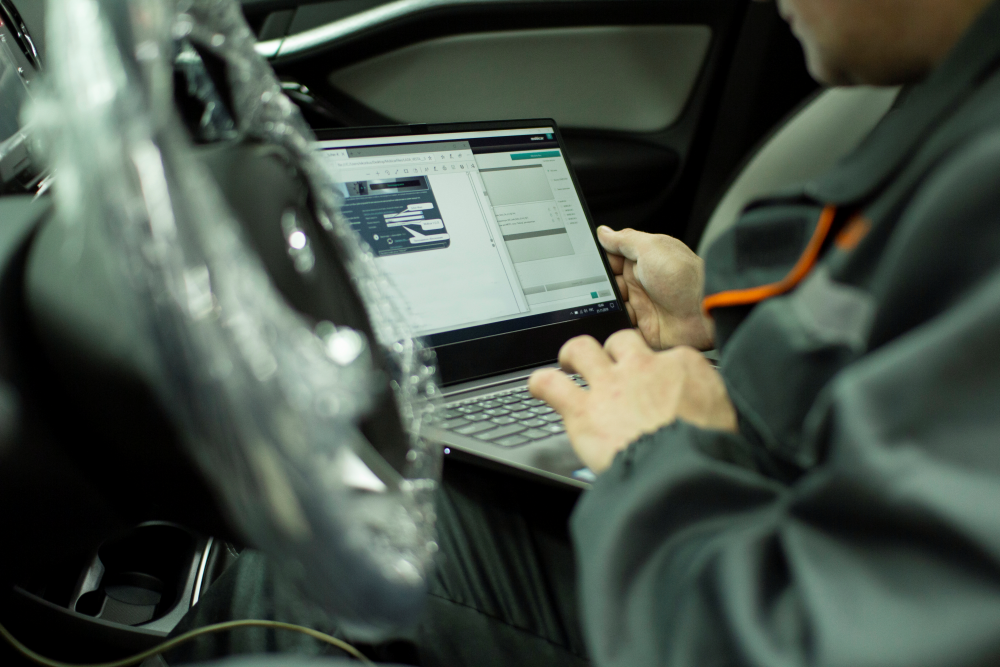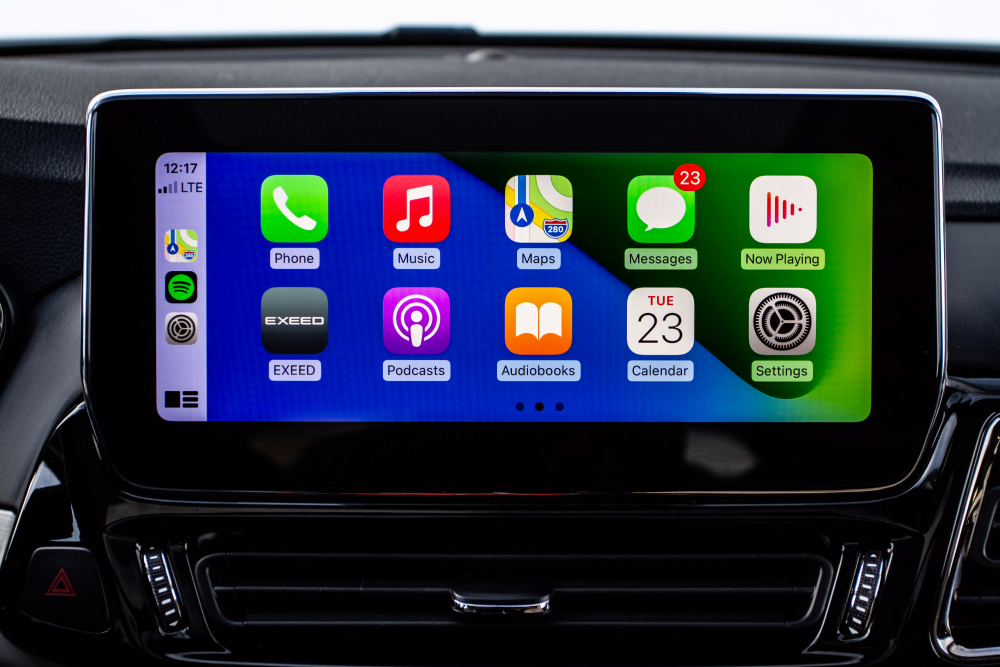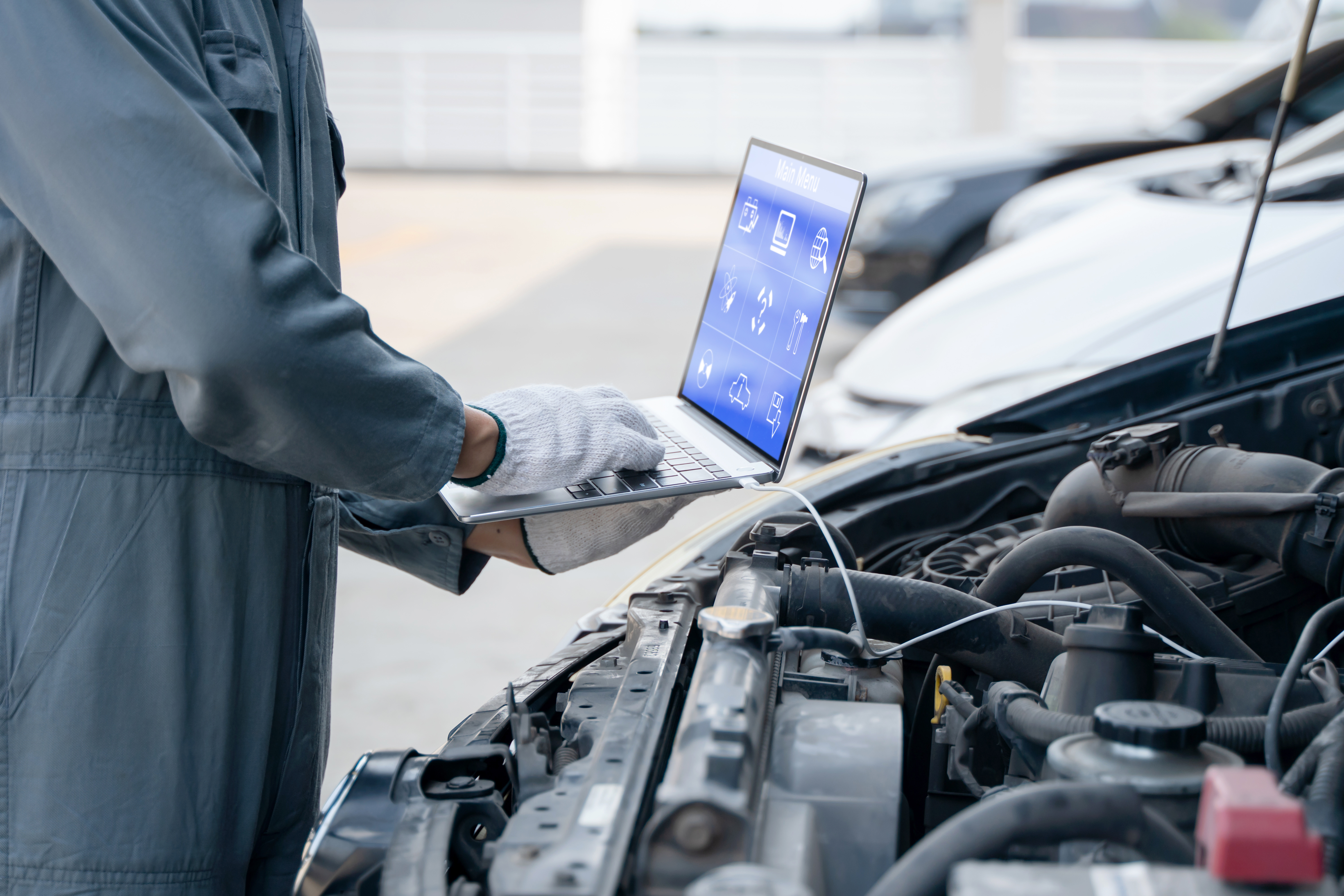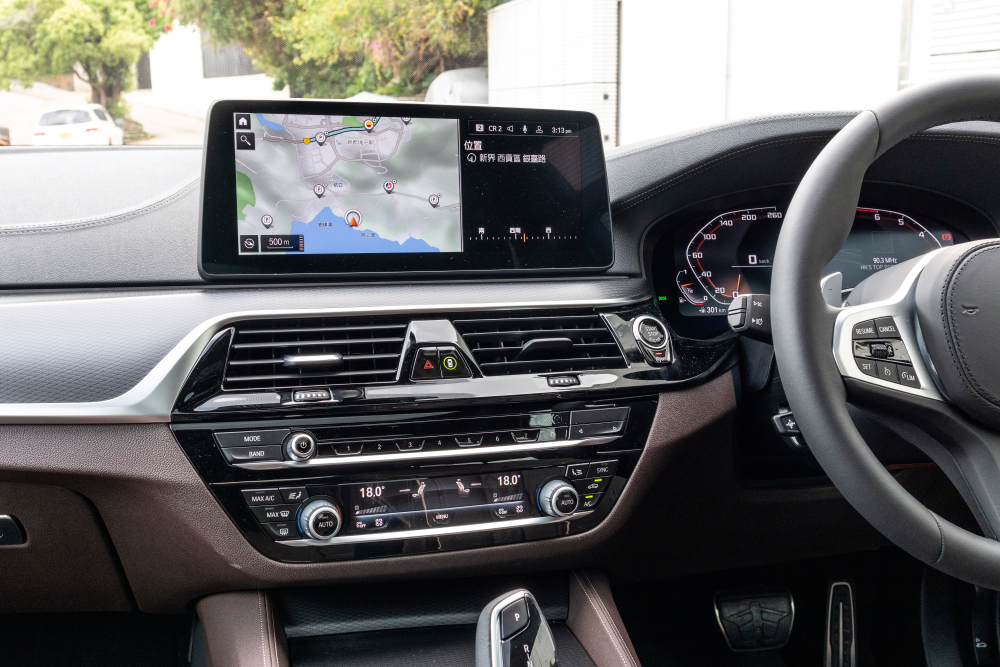
SMART CAR DIAGNOSTICS
Smart car diagnostics uses advanced tools and systems to assess, monitor, and diagnose issues in a vehicle's systems. These diagnostics utilise sensors, onboard computers, and connectivity features to provide real-time information about a car's health and performance.
Critical Components of Smart Car Diagnostics:
OBD-II System: This is a standardised system found in most modern vehicles. It allows for the monitoring and reporting of various vehicle systems and components.
Sensors: Modern vehicles have numerous sensors that monitor engine temperature, oil pressure, and oxygen levels.
ECU (Engine Control Unit): The vehicle's central computer controls various functions and receives sensor data.
Diagnostic Scanners and Tools: Devices that connect to the vehicle's OBD-II port to read error codes, monitor system performance, and run diagnostic tests.
Telematics: Some innovative diagnostic systems transmit data from the vehicle to a remote server, allowing real-time monitoring and diagnostics.
Mobile Apps and Software: Many innovative diagnostic tools come with companion mobile apps or software platforms that provide a user-friendly interface for accessing diagnostic data, receiving alerts, and managing maintenance schedules.
Benefits of Smart Car Diagnostics:
Early Detection of Issues: Smart diagnostics can identify potential problems before they become serious, allowing for preventive maintenance and reducing the risk of breakdowns.
Improved Maintenance: By providing detailed information about the condition of various components, innovative diagnostics help in planning and scheduling maintenance more effectively.
Cost Savings: Early detection and timely maintenance can save money by preventing costly repairs and improving fuel efficiency.
Enhanced Safety: Monitoring critical systems can improve vehicle safety by ensuring all components function correctly.
Convenience: Many innovative diagnostic tools offer remote access and real-time alerts, making it easier for drivers to stay informed about their vehicle's health.
Data-Driven Insights: Detailed diagnostic data can provide insights into driving habits, vehicle performance, and potential areas for improvement.
Examples of Smart Car Diagnostic Tools:
OBD-II Bluetooth Adapters: Devices like the BlueDriver or FIXD connect to the OBD-II port and transmit data to a smartphone app, providing real-time diagnostics and error code reading.
Telematics Systems: Systems like OnStar or connected car services offered by automakers provide remote diagnostics, crash alerts, and other services via cellular connections.
Advanced Diagnostic Scanners: Professional-grade scanners like those from Snap-on or Bosch offer comprehensive diagnostic capabilities, including live data streaming, system testing, and advanced troubleshooting.
Conclusion:
Smart car diagnostics utilise advanced technology to monitor, diagnose, and manage vehicle health. These systems provide numerous benefits, including early detection of issues, improved maintenance, cost savings, and enhanced safety. By leveraging sensors, telematics, and mobile apps, intelligent diagnostics make it easier for drivers and mechanics to keep vehicles in optimal condition.



Calculate Your Approximate Power Gains
WE OFFER A WIDE RANGE OF CAR SERVICES

"We love cars and our business!"
We have extensive knowledge and experience with various vehicle makes and models. This expertise is crucial for achieving desired performance improvements without compromising engine integrity.










